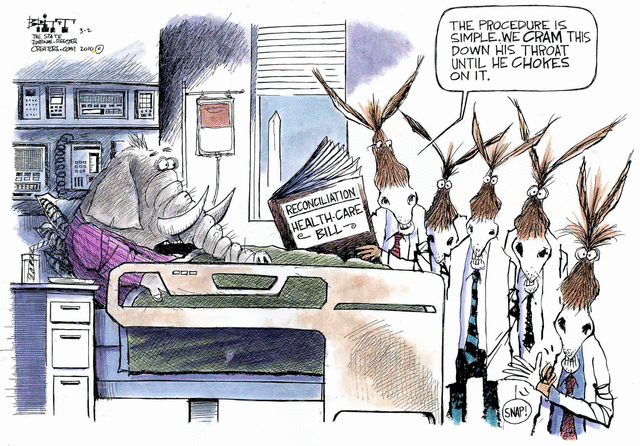Ordinarily I’ve avoided referencing pop culture in my posts, but forgive me again for doing so once more. I’ve been inspired to write on this topic based on watching this past Thursday’s 30 Rock episode. Its main idea implies that this naggingly persistent Great Recession was largely a result of those in big business who went for the easy, predictable sell and in so doing completely eliminated the idea of risk. In the episode, a fictional company that has recently bought NBC’s parent company, General Election, has devised a scheme to generate an endless supply of guaranteed income–namely, hundreds of channels of pay-per-view internet pornography. The revelation doesn’t sit well with Jack Donaghy, the Alec Baldwin character, a top ranking executive who is used to committing brainpower and elbow grease to creating innovations that sell, regardless of whether they are environmentally friendly, exploitative, gimmicky, or completely useless. As he puts it, the new company has made his entire skill set obsolete and reduced making money to a robotic perpetual motion machine.
Many pertinent issues are raised in the episode. Among the most notable is the suggestion as to whether or not consumerism and consumer capitalism ought to be viewed as some sort of necessary evil. Jack Donaghy is frequently an unsympathetic character on the show, but he does represent the very American idea that buckets of money can be made for those clever and resourceful enough to come up with a product or concept the public will clamor for, regardless of how stupid, pointless, or wasteful it might be. This has indeed been the criticism many of us on the Left have made over the years when we contemplate our obsession with the acquisition of possessions to no real positive end. When played off the idea that even necessary evil has been corrupted by an unimaginative scheme which promises guaranteed rates of return and no possible margin for error, the larger question is whether our current economic downturn was, in part, caused by risk-averse thinking. Have we exchanged necessary evil for unnecessary evil?
Instead of taking a chance and risking gaining either great wealth or a setback, it appears that some have ventured to circumvent the old ways. Though I am certainly no fan of the capitalist system, it is my understanding that, based on its rules, anyone and everyone is given the opportunity to try their hand at making money. Some efforts succeed and some efforts fail, certainly, but that’s just the nature of it. Many have made fortunes and lost them outright and many have achieved much in the way of capital through the process of trial, error, and dogged determination. But when that enterprising spirit and simultaneous revelation that one achieves when realizing that life itself is a series of ups and downs—when that become obscured by a desire to take the easy way out—then we all are simultaneously inhuman and poorer in the end.
Whether or not we believed that the American Dream was a dream deferred or a bad dream in the first place, it is interesting to ponder whether it has been royally short-circuited. To be sure, there were certain economic theorists and historians who had long proposed that something like this was an inevitability. Those in particular who espoused the theory of late capitalism would seem to be validated by the episode’s premise. We who have long spoken out against the injustices and inequalities of the existing system have nonetheless learned to live with it, and the idea that a brand new enemy may have taken the place of the old is certainly worth contemplating. Still, predicting the ultimate demise of capitalism is a bit like setting a date for the end of the world, if not the Second Coming. As it is written, brothers and sisters, you don’t need anyone to write to you about times and dates. For you know very well that the day of the Lord will come like a thief in the night.


